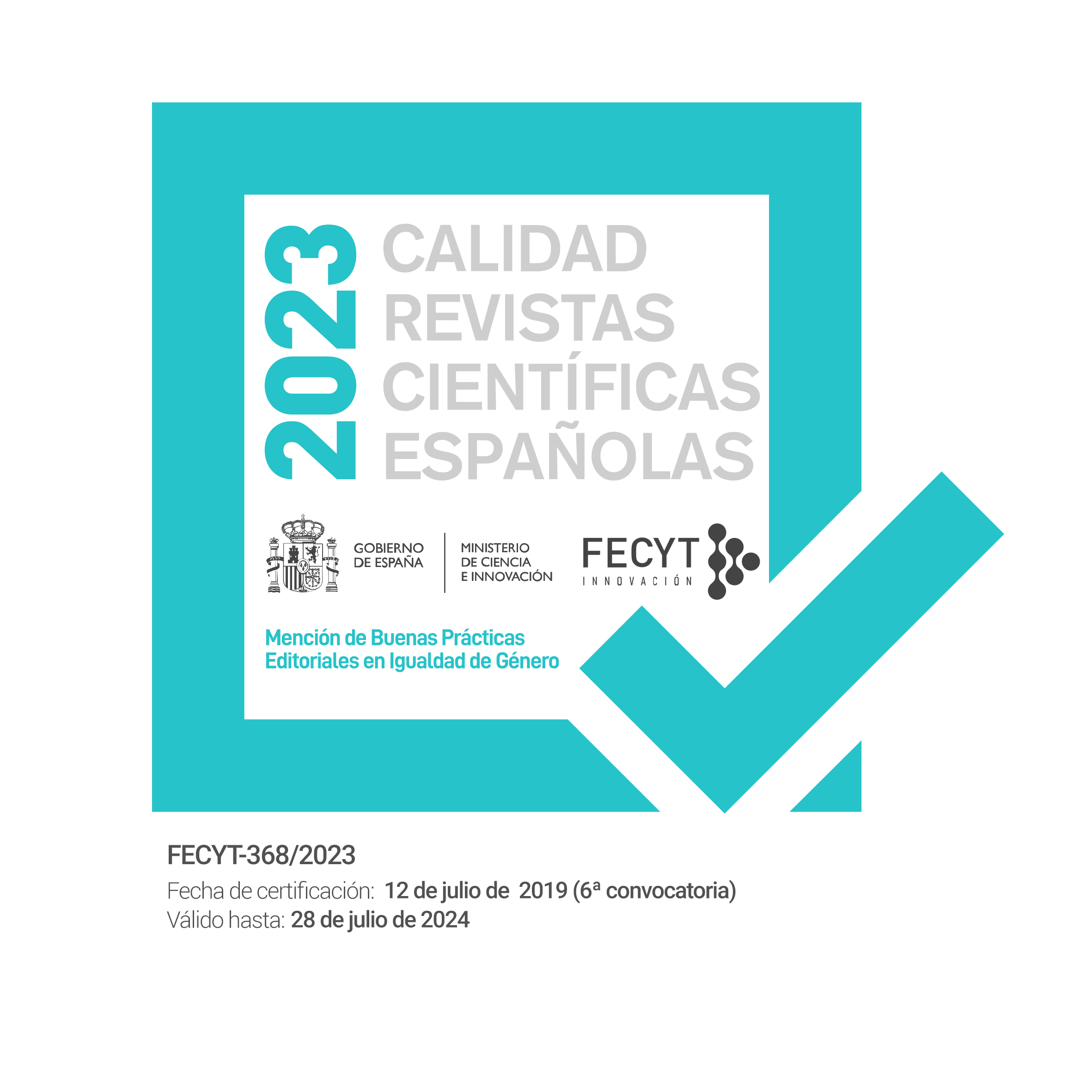English Studies : A Note on the Birth and Uses of the Term
DOI:
https://doi.org/10.18172/jes.132Abstract
The need to adapt the current Spanish degree in English Philology to meet the requirements of the European Union has recently materialised in a growing conviction among scholars that the change of contents and format of the degree itself should be accompanied by a change of title, from “English Philology” to “English Studies”. This move justifies the present attempt to briefly recall some of the main lines of discussion involved in the birth and uses of the term in Britain and abroad.Downloads
References
Battarbee, Keith. 1996. “British Studies Angst.” The European English Messenger 5. 1: 60-62.
Bonet-Elliott, Imelda. 2000. “English Studies in France.” European English Studies: Contributions towards the History of a Discipline. Eds. Balz Engler and Renate Haas. Great Britain: The English Association for ESSE. 69-88.
Bostock, Kate. 1992. “Literary Periodicals in Focus: Verse. Robert Crawford Interviewed by Kate Bostock.” Literature Matters 11 (September): 4-5.
Crawford, Robert. 1992. Devolving English Literature. Oxford: Oxford University Press.
Crawford, Robert, ed. 1998. The Scottish Invention of English Literature. Cambridge: Cambridge University Press.
Easthope, Antony. 1991. “What is English about English Literature?” Literature Matters 9 (December): 6.
Engler, Balz. 2000a. “Englishness and English Studies.” European English Studies: Contributions towards the History of a Discipline. Eds. Balz Engler and Renate Haas. Great Britain: The English Association for ESSE. 335-48.
Engler, Balz. 2000b. “Introduction.” European English Studies: Contributions towards the History of a Discipline. Eds. Balz Engler and Renate Haas. Great Britain: The English Association for ESSE. 1-12.
Engler, Balz and Renate Hass, eds. 2000. European English Studies: Contributions towards the History of a Discipline. Great Britain: The English Association for ESSE.
Joseph, John E. 1999. “Basic English and the Debabelization of China.” Intercultural Encounters — Studies in English Literatures. Essays Presented to Rüdiger Ahrens on the Occasion of His Sixtieth Birthday. Eds. Antor Heinz and Kevin L. Cope. Heidelberg: C. Winter. 51-71.
Kayman, Martin A. 2000. “A Very Old Alliance? An Introduction to English in Portugal.” European English Studies: Contributions towards the History of a Discipline. Eds. Balz Engler and Renate Haas. Great Britain: The English Association for ESSE. 13-32.
Kujawinska-Courtney, Krystina. 2000. “Masters and Teachers: English Studies in Poland.” European English Studies: Contributions towards the History of a Discipline. Eds. Balz Engler and Renate Haas. Great Britain: The English Association for ESSE. 161-81.
Monterrey, Tomás. 2000. “Notes for a History of English Studies in Spain.” European English Studies: Contributions towards the History of a Discipline. Eds. Balz Engler and Renate Haas. Great Britain: The English Association for ESSE. 33-52.
Onega, Susana. 2002. “Review of European English Studies: Contributions Towards the History of a Discipline.” Revista Canaria de Estudios Ingleses 43: 260-62.
Palmer, D. J. 1965. The Rise of English Studies: An Account of the Study of English Language and Literature from its Origins to the Making of the Oxford English School. Oxford, New York, Toronto: Oxford University Press.
Sarvan, Charles. “Redefining English Literature.” Literature Matters 9 (December): 6.
Riach, Alan. 1993. “At Home and Abroad.” Literature Matters 12 (Christmas 1992 - New Year): 6.
Downloads
Published
How to Cite
Issue
Section
License
The authors retain copyright of articles and authorize Journal of English Studies the first publication. They are free to share, redistribute, and/or reprint the article without obtaining permission from the publisher as long as they give appropriate credit to the editor and the journal.
Self-archiving is allowed too. In fact, it is recommendable to deposit a PDF version of the paper in academic and/or institutional repositories.
It is recommended to include the DOI number.
This journal is licensed under a Creative Commons Attribution 4.0 International License










